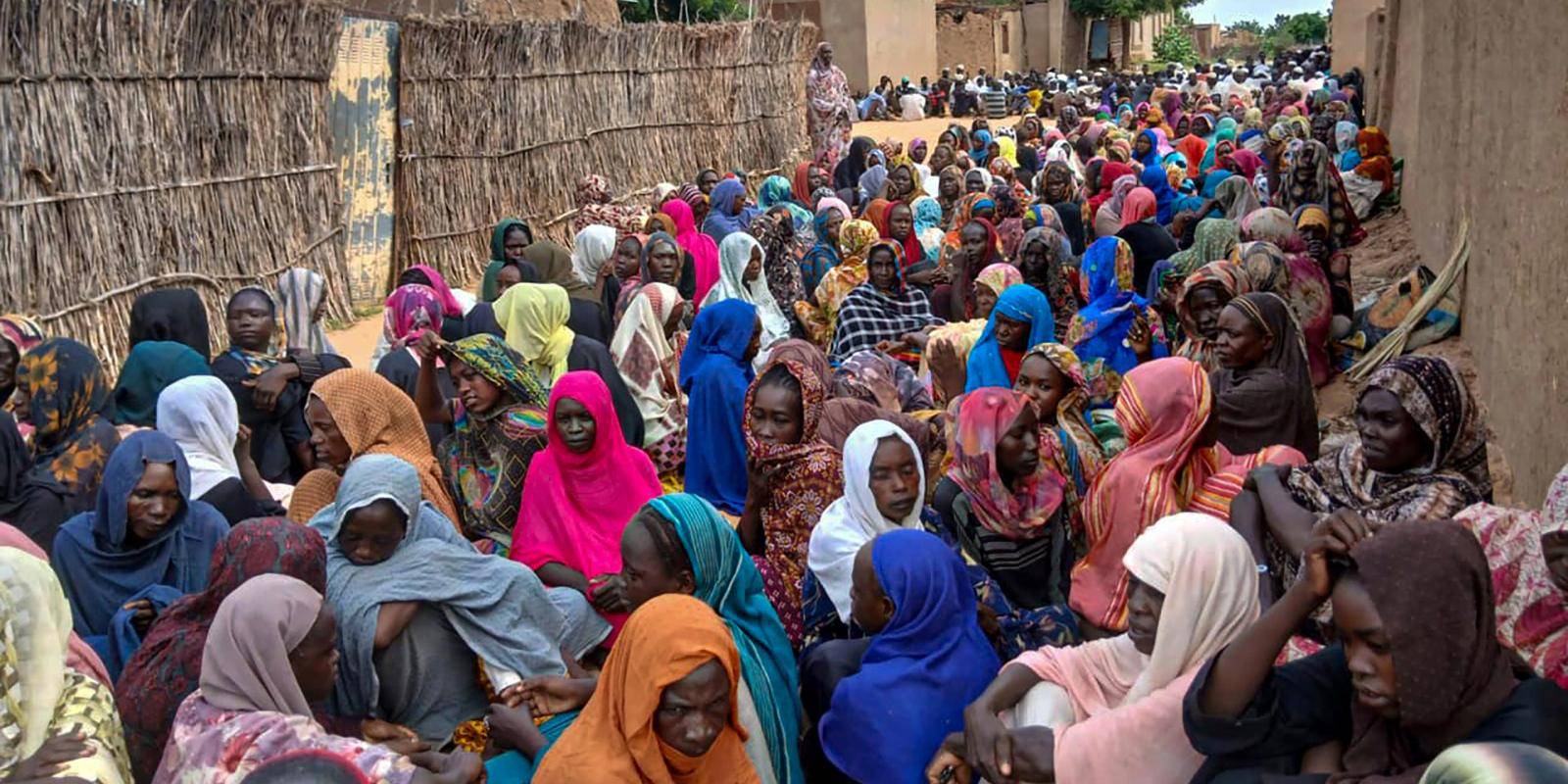Nearly two and a half years into Sudan’s brutal civil war, the conflict between the Sudan Armed Forces (SAF), led by General Abdel Fatah Al Burhan, and the Rapid Support Forces (RSF), commanded by General Mohamed Hamdan Dagalo (Hemedti), continues to push the country toward fragmentation.
Despite the scale of the crisis, Sudan receives limited diplomatic attention, global action, and media coverage, even as it endures the world’s largest humanitarian disaster with more than 14 million people displaced.
Why the West Should Pay Attention
The consequences of neglecting Sudan extend far beyond its borders:
- Red Sea Security: Russia’s plans for a naval base in Sudan pose a direct challenge to Western interests in one of the world’s most strategic maritime corridors.
- Iran’s Expanding Role: Tehran has increased its presence in Port Sudan, raising concerns about shifting regional power dynamics.
- Terrorism Risk: Sudan, which once hosted Osama bin Laden in the 1990s, could again become a safe haven for extremist groups if instability persists.
- Migration Pressures: Continued violence and displacement risk fueling irregular migration flows to Europe, adding to already strained systems.
The Case for Urgent Western Engagement
For the West, ending the war in Sudan is not only a moral obligation in the face of catastrophic human suffering but also a strategic imperative. Stabilizing Sudan would help secure the Red Sea, limit the influence of rival powers, prevent the resurgence of terrorism, and reduce migration pressures.
Without sustained high-level diplomatic engagement and coordinated global action, Sudan risks sliding deeper into chaos—with consequences the international community can no longer afford to ignore.




0 Comments